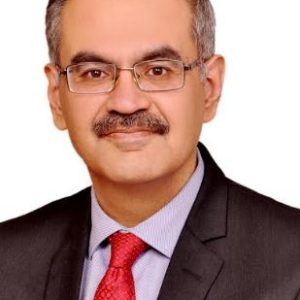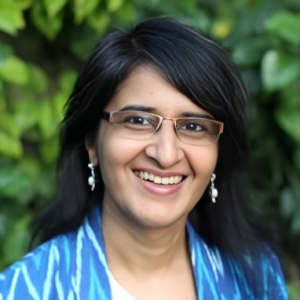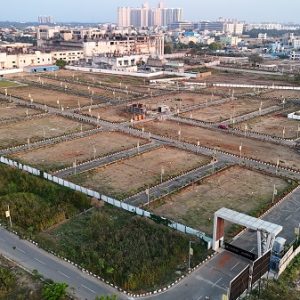An unregistered lawyers’ association has filed a Public Interest Litigation (PIL) in the Delhi High Court challenging the appointment of Delhi Government’s Principal Secretary (Home) Ashwani Kumar as the Administrator of the Delhi Waqf Board, claiming that it is “illegal, arbitrary, and against the interest” of the board.
When the plea filed by the Secular Front of Lawyers was heard on Tuesday by a division bench consisting of Acting Chief Justice Manmohan and Justice Manmeet Pritam Singh Arora, counsel for the Delhi Government requested time to obtain directions on the subject.
The court was also informed that another petition with a similar plea challenging the administrator’s appointment was pending before a single judge bench of the High Court, which had reserved its orders.
The PIL further requests that the respondents, who include the Delhi government’s Minister for Revenue, the Delhi government through its Chief Secretary, Divisional Commissioner (Minority Affairs Branch), and the Central Waqf Council, take suitable steps to establish the Delhi Waqf Board.
The petition also asks the authorities to instruct Kumar not to issue any orders regarding Waqf properties or the board while serving as its Administrator.
The plea is now set for May 8.
Senior counsel Salman Khurshid, representing the petitioner Secular Front of Lawyers, stated that the key issue in the case is the “reconstitution of the Delhi Waqf Board”.
“The board’s tenure expired in August of last year, but there has been no new reconstitution. The government appears to be relying on section 99 of the Waqf Act, which states that if the board is succeeded, someone must be appointed. Khurshid stated that this is not a case of “supersession,” but rather an extended postponement.
He stated that the principal secretary (home), who also serves as the ‘chairman/head of the religion committee’ of the Delhi Government, has been given responsibility of the Waqf Board, resulting in a “conflict of interest”. “The religious committee recommends decisions on property with religious implications, such as demolition. Respondent No. 3 (Kumar) has now been appointed head of the religious committee and Administrator of the Waqf Board, resulting in a conflict of interest,” Khurshid stated.
According to the PIL, an administrator is recruited to help an organisation improve itself. However, in this scenario, rather than preserving Waqf holdings, the administrator is “sitting to destroy” them. Kumar was named administrator on January 10, this year. The plea claims that Waqf properties are not within the purview of the religious committee because its mandate is to recommend the removal of unauthorised illegal religious structures on public land, whereas Waqf properties that have been in existence for centuries cannot be considered illegal because they have been notified in the Delhi Gazette.
During the hearing, the bench raised another concern that it stated has been surfacing in Waqf property matters: their “misuse”. The bench stated orally that there is a dispute over 123 properties (on which the Delhi Waqf Board claims while the Centre has denotified them), noting that the properties are “lucrative” and some are located in the “heart” of the national capital.
Referring to a separate matter concerning “unauthorised construction” at a sealed property in Nizamuddin East, the bench orally stated, “That property, branded as a waqf property, was sold multiple times, and a hotel came up on that land without any permissions, and when we asked the authorities what they were doing, they said that there is a dispute between the Waqf and the DDA over who the property belongs to. In this conflict, no one is looking after the properties, which have been essentially encroached upon. Multiple sales and building activities are taking place in these departments.Today, unlawful building is taking place on these premises.However, it cannot happen without the knowledge of Waqf and DDA officials.”













